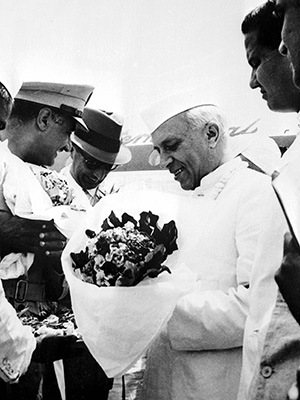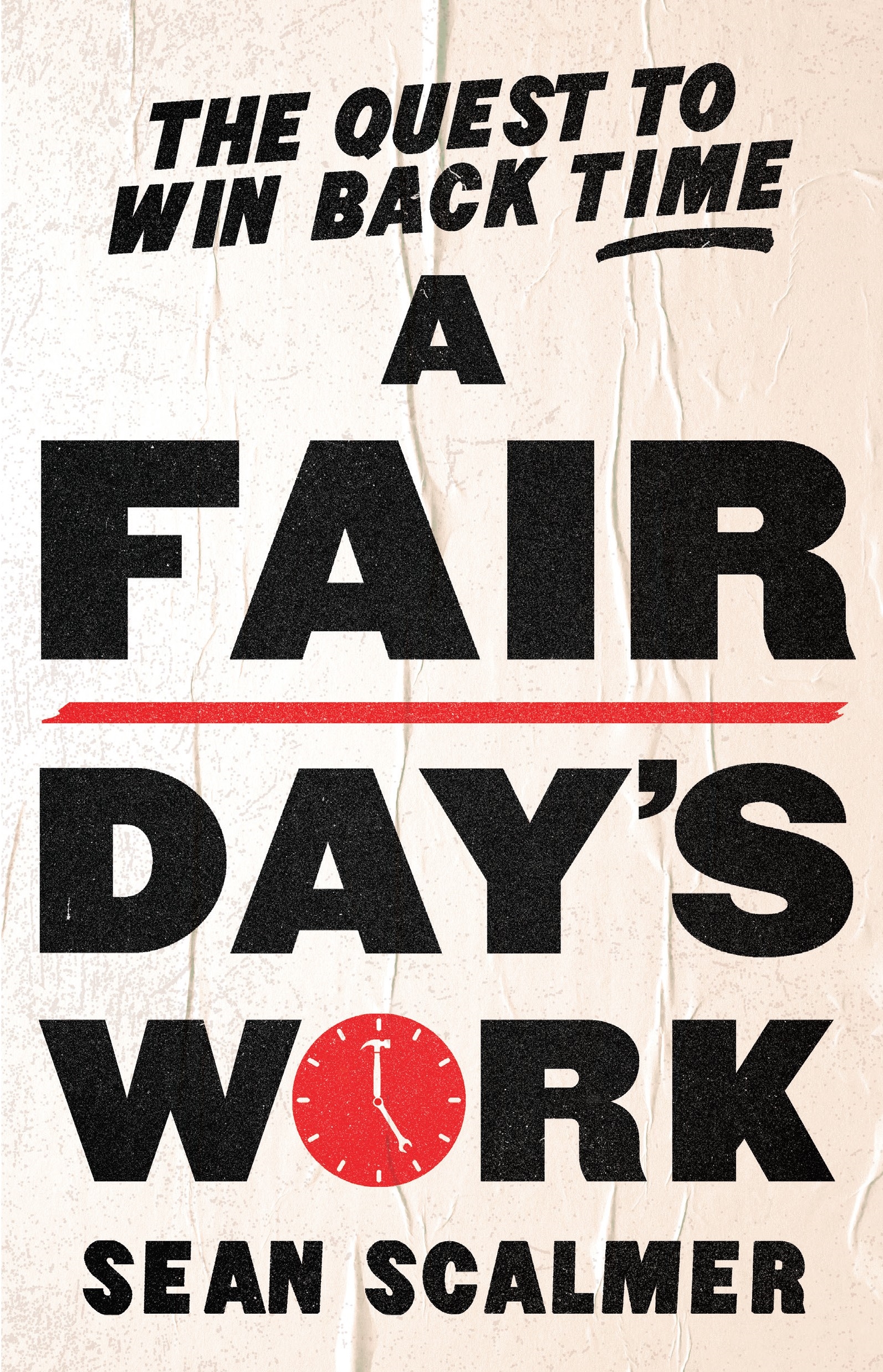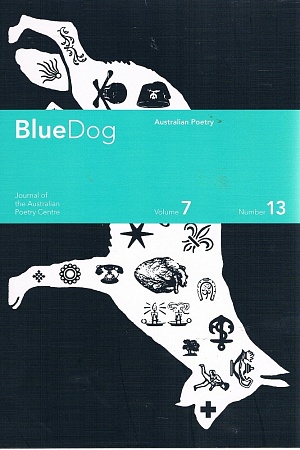Australian Journal of French Studies, Vol. XLVII, NO. 2: Jacques Rivette
Monash University, $30 pb, 221 pp
Australian Journal of French Studies, Vol. XLVII, NO. 2: Jacques Rivette by Brian Nelson
The Australian Journal of French Studies special number on Jacques Rivette continues the journal’s tradition of ground-breaking scholarship. Rivette has long been acknowledged as both an important and enigmatic film director – in some respects even more challenging than his New Wave colleague, Jean-Luc Godard. Rivette’s work is notoriously difficult of access. Almost all his films are unconventionally long; the longest, Out 1 – Noli me tangere (1970), runs for almost thirteen hours. In all of them, narrative lines are deliberately unresolved and complicated, and made the more disorienting by the director’s improvisational filming methods; only exceptionally, such as with Céline et Julie vont en bateau (1974) or Va savoir (2001), have they attracted sizeable mainstream audiences.
The volume’s guest co-editor, Douglas Morrey, in his overview of existing Rivette criticism, reproaches it for dealing in generalities, and calls for more analysis of the films themselves. Many of the essays presented respond to this call: Roland-François Lack examines the place and meaning of Paris in Paris nous appartient (1961), for example, and Mary Wiles probes the aesthetic resonances between Out 1 and Boulez, Artaud and Ionesco. Other pieces cover the unfinished project Les filles du feu (begun in 1975), La belle noiseuse (1991), and Secret défense (1998). There is a delightful reflection by Alison Smith on Rivette’s lifelong interest in Pirandello. Another particularly stimulating piece is that of American PhD student Margaret A. Ozierski, on Rivette’s formulation of an art that seeks to subvert the containments and degeneration wrought in a world dominated by commodification.
Rivette’s opus, although canonical, is still insufficiently known among the wider cultured public. This anthology of essays provides an enlightening sense of the scope of Rivette’s work, and offers many convincing insights into the radical artistic practices that make this director worthy of ongoing serious attention.











Leave a comment
If you are an ABR subscriber, you will need to sign in to post a comment.
If you have forgotten your sign in details, or if you receive an error message when trying to submit your comment, please email your comment (and the name of the article to which it relates) to ABR Comments. We will review your comment and, subject to approval, we will post it under your name.
Please note that all comments must be approved by ABR and comply with our Terms & Conditions.